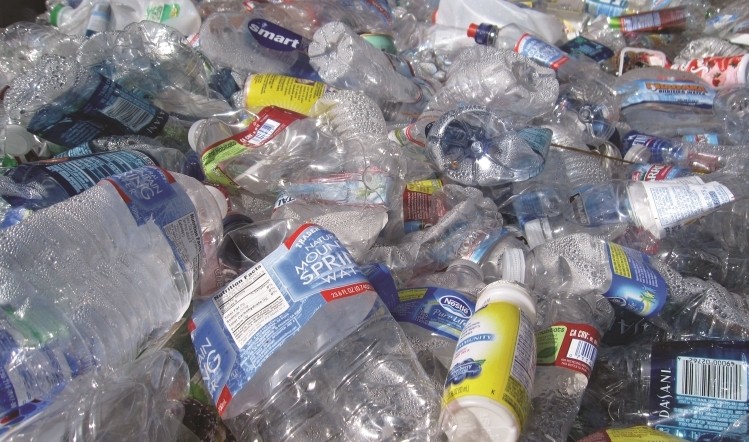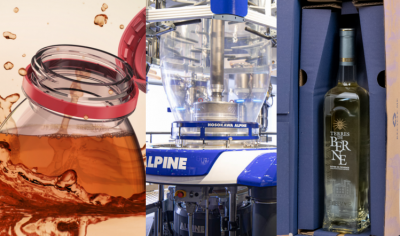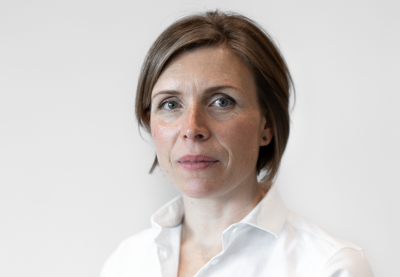Consumers and business are confused by deposit return schemes

The survey of 2,000 adults found that only 42% had heard of them and understood how they worked, whilst 26% had no idea what they were at all.
DRSs are designed to encourage recycling by charging consumers a deposit on drinks containers that is refunded when items are returned to a collection point. All four UK nations have announced that they will introduce a DRS by 2025, with the Scottish scheme set to launch next year.
The good news was that 60% of consumers surveyed said being able to reclaim a deposit would make them more likely to buy products included in the schemes, and 57% would do a lot more recycling if it meant they wouldn’t be left out of pocket.
Recycling
However, the research also revealed that 16% of Brits don’t recycle, with a lack of knowledge about what can and can’t be recycled cited as the most common reason. It found that a third (34%) believed recycling was unnecessarily complicated, whilst 45% thought that simplicity would be the most important aspect if the recycling system were to be redesigned.
“The introduction of deposit return schemes will fundamentally change the way we recycle for the better. It will however add costs and complexity not just for consumers, but industry, waste collectors and local authorities,” said Anne Godfrey, chief executive of GS1 UK.
“A successful scheme relies on consumer participation. Our data demonstrates that simplicity is key and therefore needs to be at the heart of any successful scheme.”
Lack of awareness
GS1 UK’s research amongst business owners also revealed a lack of awareness with 38% not aware of the proposed scheme at all.
Despite the research showing that 69% of businesses believed the introduction of a DRS would be a positive step for their industry, four in 10 thought that a DRS would have a negative impact on their own businesses.
“Our research has shown a little incentive can go a long way to encourage people to do the right thing and recycle more. The operational impact for businesses, compounded by the lack of awareness, means there are significant challenges that will need to be addressed in the next two years,” added Godfrey.
















